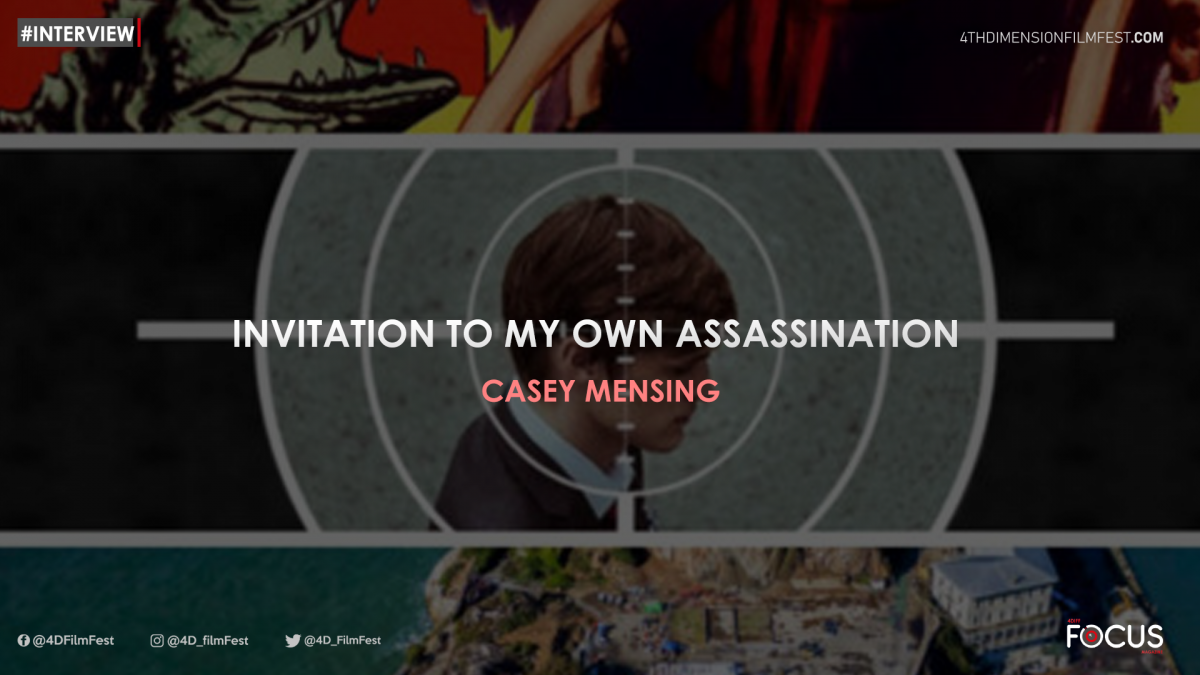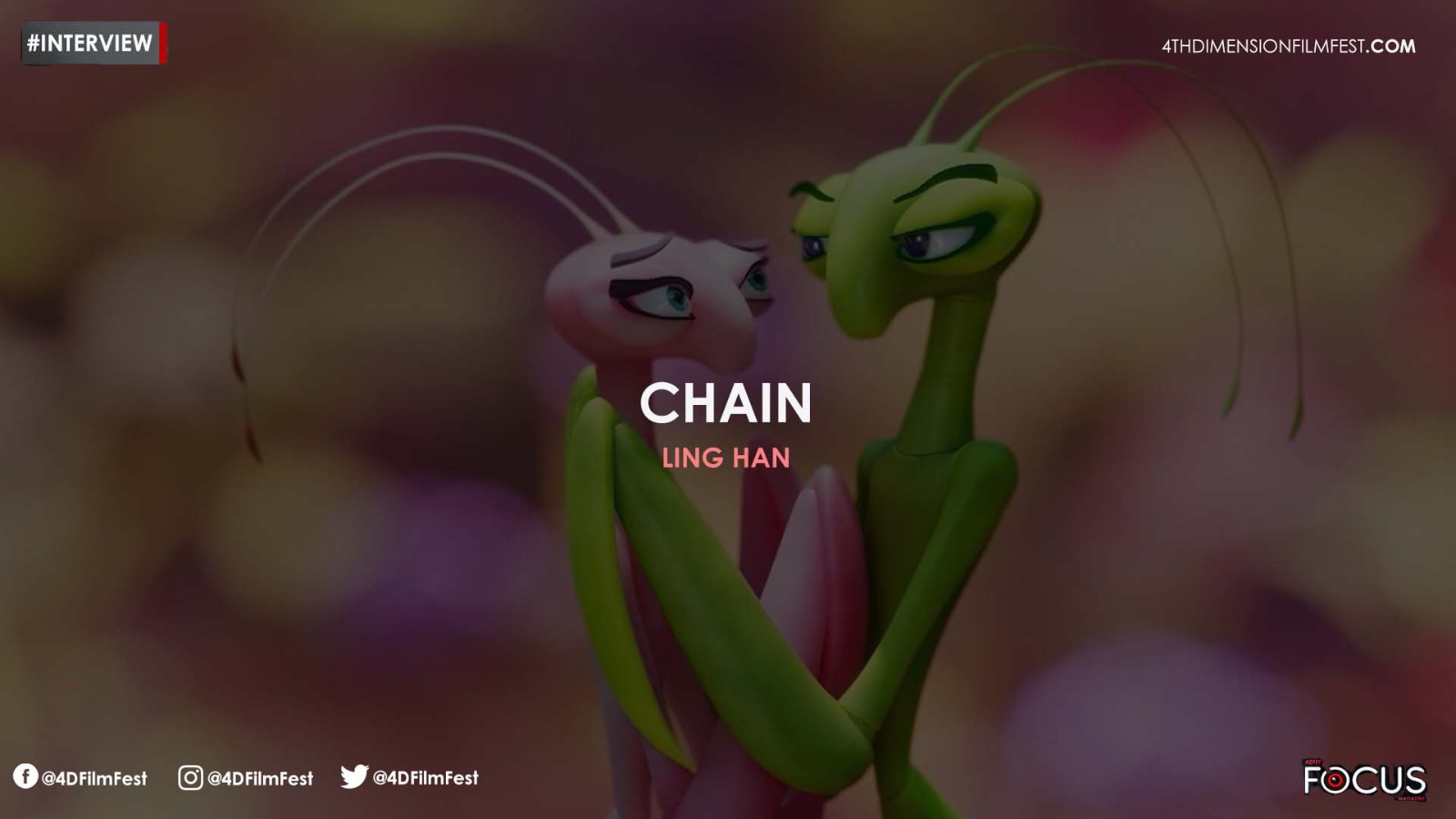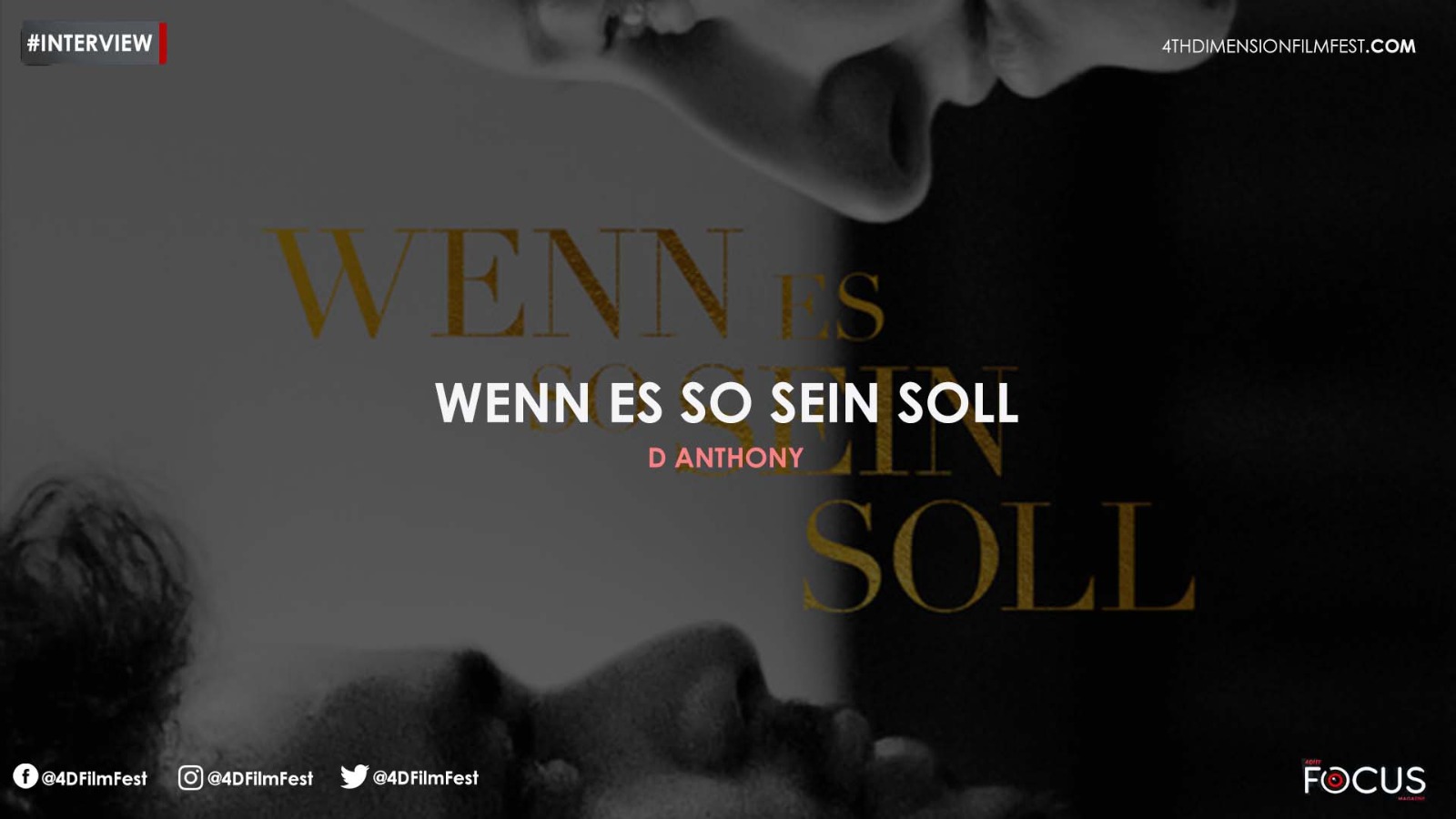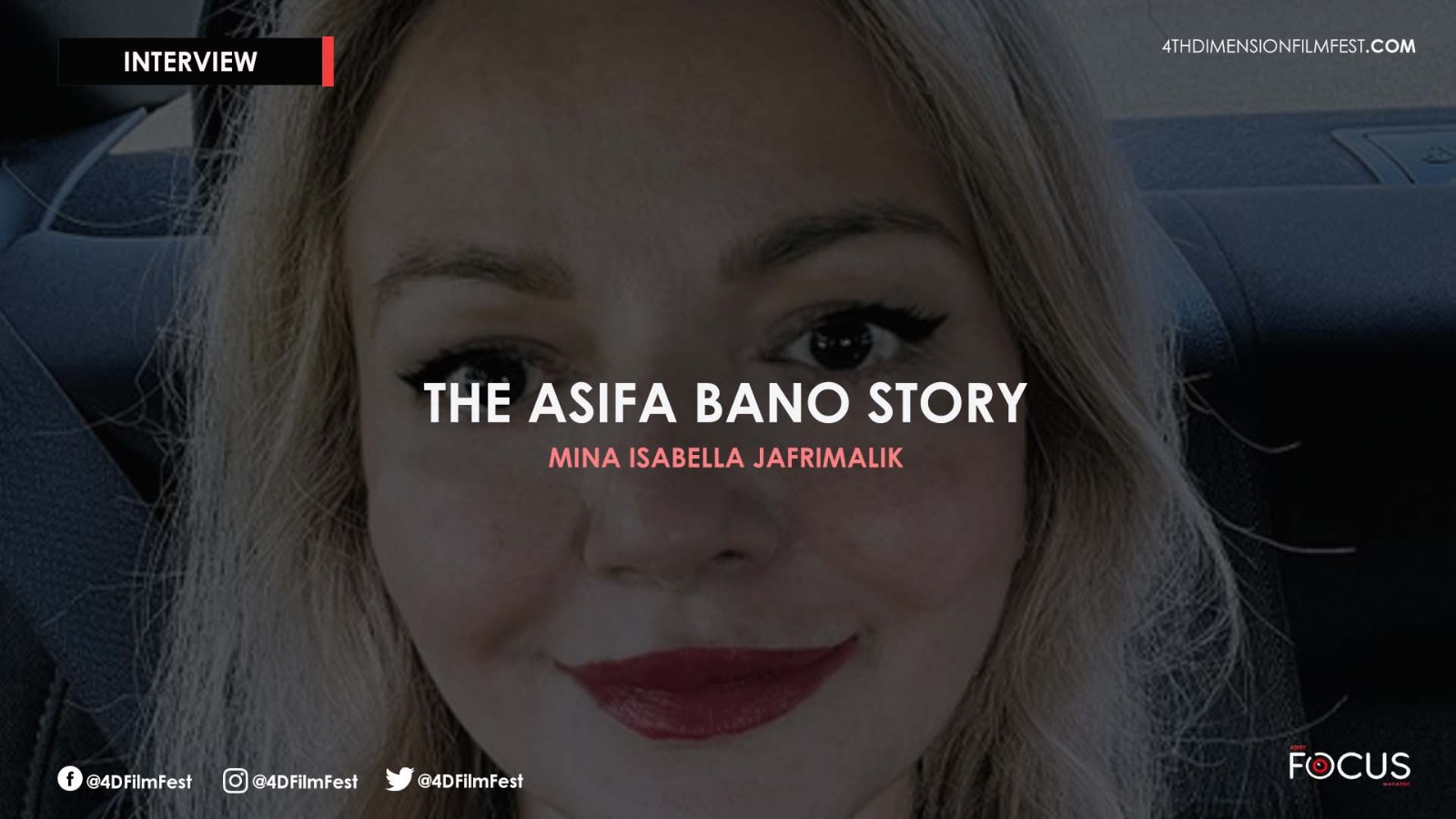Tell us about your intention behind the thinking of a movie about the movie-making industry.
The initial inspiration came from the ongoing cultural conflict in the U.S. The conservative war against the film and music industries peaked when I was young. Also, we’re still in the era of Franchise films (i.e., Star Wars, Marvel, etc.), and I wanted to examine that to a certain extent.
How similar are the conversations between members involved in making a movie with the conversations in the script?
The conversations are authentic in that scenario. Different people, different settings, would produce different types of conversations.
How exciting are the screenings really? Would they always be full of friendly banter or vengeful lamentations?
I would say screenings are a different experience for everyone involved. Stressful, exciting, tedious. It depends on who you are and why you’re there.
There are a number of metatheatrical elements in the script. Conversations within conversations, movies within movies. Tell us something about them.
Early on, I realized that for this story to feel authentic, it had to exist in its own world. There are many references to films and people in our world, but I also had to create the world of Elliot Hyde. The movies he’d made had to be referenced and spoken of as the real things they are in this world. One of the most interesting things about writing this particular script was creating this mythology.
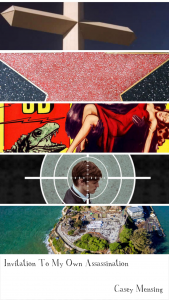
Elliot Hyde clearly falls victim to perpetrators of absolutism. What according to you is the cruelest part about it? What is the folly of ossifications?
Culturally in the U.S., we’ve entered a period of absolutism. There’s little room for nuance, and as someone who’s always viewed the world as a spectrum, it’s strange to watch people be so passionately devout about and defend so righteously even when it contradicts another of their own beliefs. When we allow ourselves to get on board with kind of thinking, it creates a dangerous group-think mentality that drags us deeper into a society of control.
There are shades of 1984 in your film. The world facing the risk of a totalitarian regime that believes in annihilating every deviation from the pre-determined ‘normal’. Do you agree?
The story definitely dips into the Orwellian. Not just in the ideas of political or religious indoctrination but also in how totalitarian thinking leads to cultural homogenization.
On a lighter note, does Elliot Hyde make a case for the plight of Martin Scorsese, who had thinks to say about the MCU? Does his argument bring back the age old debate between serious cinema and cinema gyrating around levity?
The real fracture between serious cinema and the Franchise films exists because of the quantity of content. We have access to filmmaking tools to a greater degree than ever before, which has caused a soaring level of content to be created. But the audience is faced with time constraints. The quantity of movies and streaming shows released under the Franchise umbrellas is staggering, and staying on top of everything as a fan or just wanting to be part of the cultural conversation means that most of your free time is being consumed by these shows and movies. This makes it harder for independent films or anything without a massive marketing budget to find an audience.
In the conversation between Maree Wilde and Elliot Hyde, they discuss war and Elliot confesses that the decision of war is backed by the intent of gaining an exponential amount of profit. Do you believe that is the case most of the time? That adds value to every claim made by Wilfred Owen about war.
In almost every case, the most significant motivating factor behind war is for certain people to get rich. Of course, it’s never the people who fight the wars that profit. 
You have beautifully dissected the equation between Elliot Jessica and Wayne in your script. Talk us through the role their dynamic plays in the greater story about the tussle behind ideals.
That’s an interesting question. At one point in time, Jessica was obviously in love with Elliot when he was brilliant and idealistic. As Hollywood changed him and his bitterness grew, Jessica fell out of love with him and maybe lost some of her own romantic ideals in the process. Wayne was stable and perhaps saw the world and the film industry in a way that fits more with Jessica’s new views.
The ending resembled Taste of Cherry by Abbas Kiarostami and Pain and Glory by Pedro Almodovar suggesting a possible breaking of the fourth wall. Talk us through the innovative technique devised by Elliot in making his newest movie. The script adds a pinch of newness to the process of telling stories. Tell us something about it.
Elliot was not only inspired by what he went through but by Maree. The two things pushed him into looking at storytelling and filmmaking in a way that’s different than anything he’d ever attempted. We’re witnessing a rebirth. For Elliot, an expected third act.


